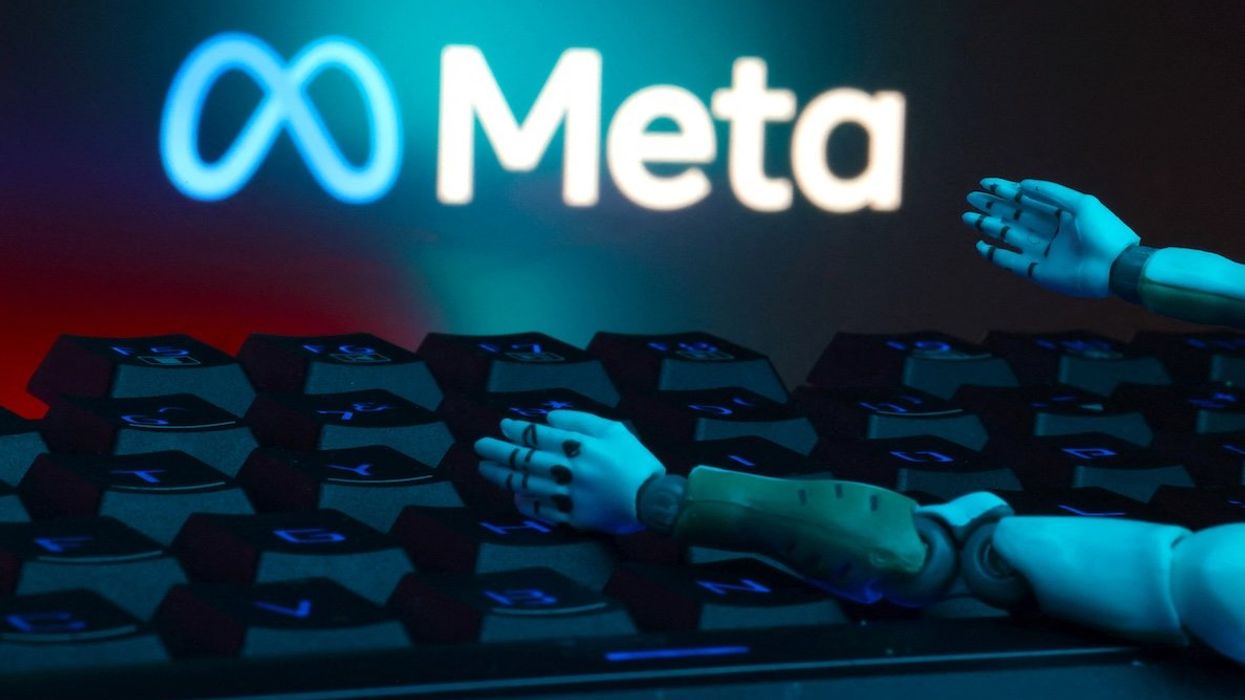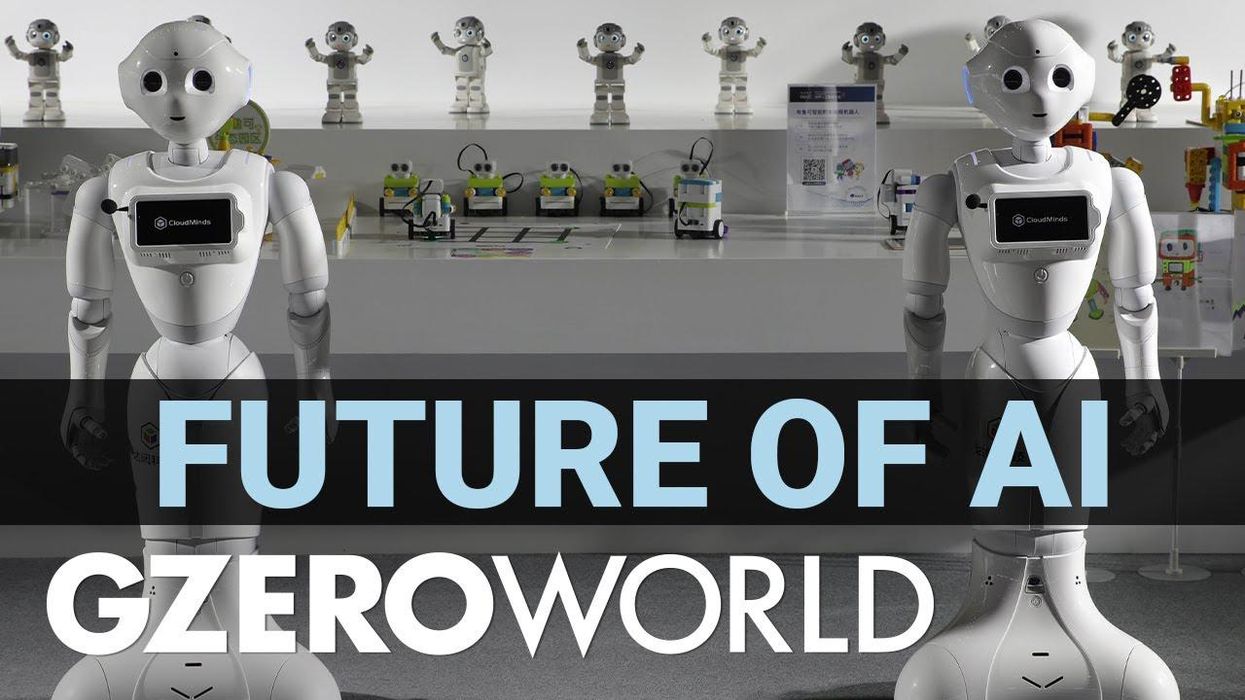Ian Explains
Is the future of AI physical?
The next leap in artificial intelligence is physical. On Ian Explains, Ian Bremmer breaks down how robots and autonomous machines will transform daily life, if we can manage the risks that come with them.
Oct 24, 2025










